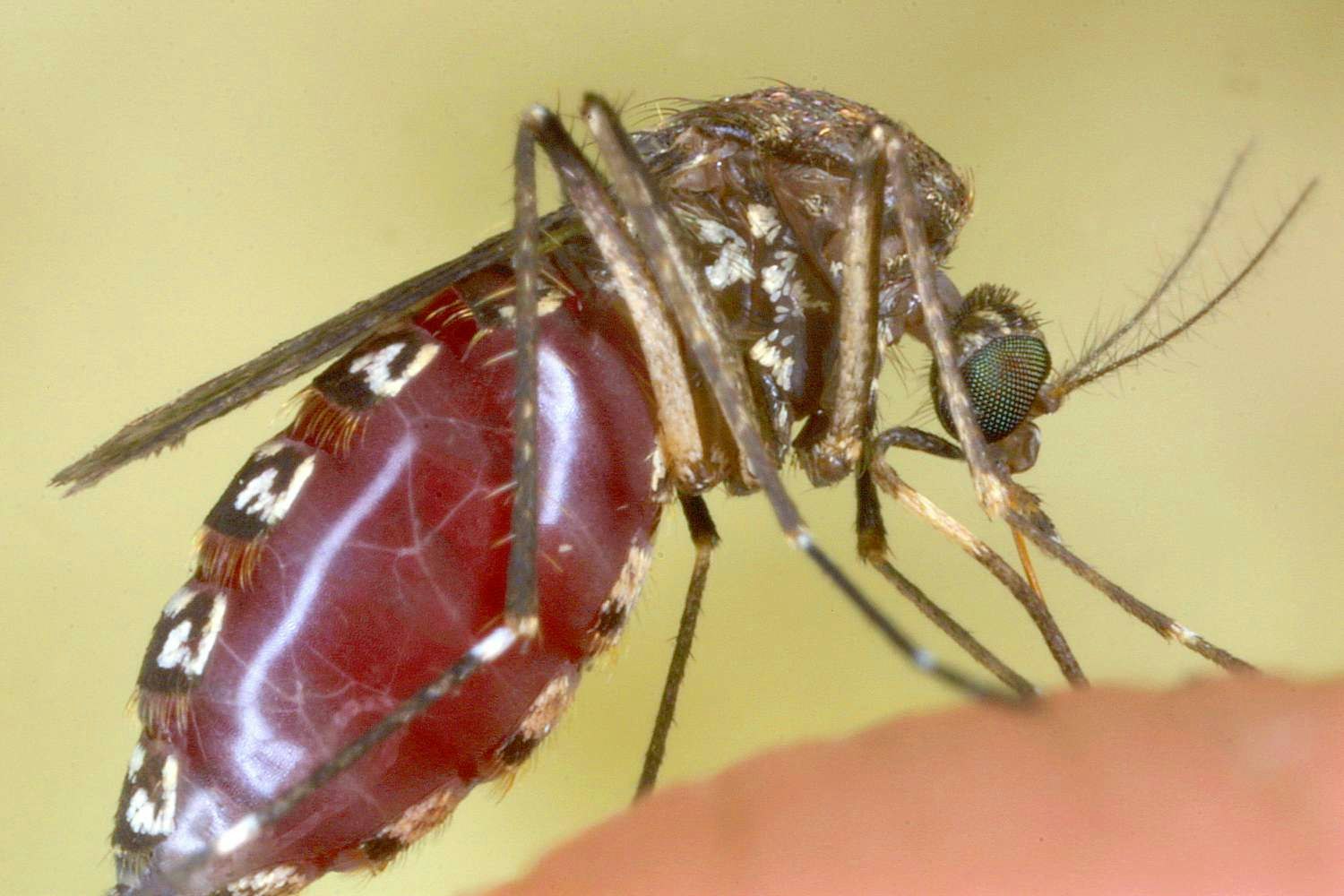Could Disrupting Mosquito Hearing Be the Key to Controlling Their Population?

Mosquitoes are responsible for spreading deadly diseases such as malaria, dengue, and West Nile virus, making them one of the most dangerous creatures on the planet. Now, researchers at the University of Iowa believe they may have found a novel way to reduce mosquito populations—by targeting their ability to hear.
A new study on fruit flies has revealed that the Shal gene plays a crucial role in detecting sound. When this gene was disabled, fruit flies could no longer hear mating signals, significantly reducing their ability to reproduce. Since mosquitoes rely on a similar hearing process for mating, scientists believe silencing this gene in mosquitoes could prevent them from finding mates, leading to a population decline without completely eliminating them from the ecosystem.
Why This Matters for Public Health in Los Angeles
- Mosquito-borne diseases are on the rise – Cases of dengue and West Nile virus have been increasing in Southern California.
- A new mosquito control method – Targeting mosquito hearing could offer a new, eco-friendly alternative to pesticides.
- Protecting ecosystems – Unlike other population control methods, this approach would allow mosquitoes to remain part of the food chain while reducing their ability to spread disease.
While this research is still in its early stages, scientists are optimistic about its potential to combat mosquito-borne diseases worldwide—including here in Los Angeles County, where vector control remains a critical public health priority.
